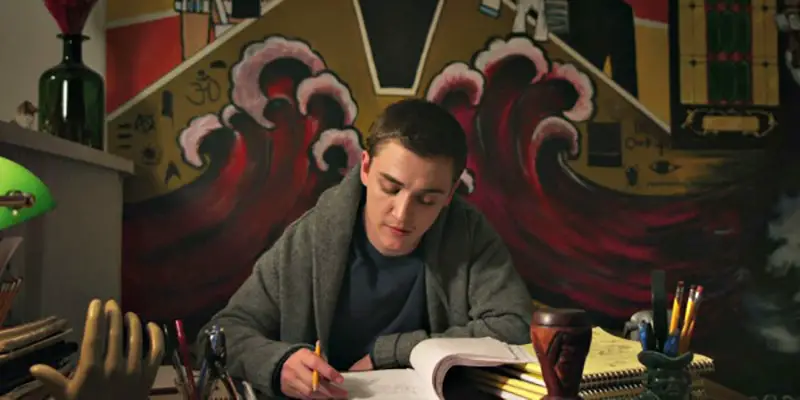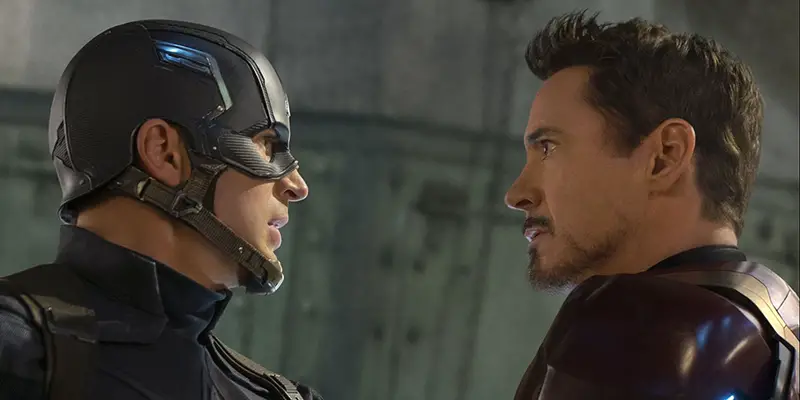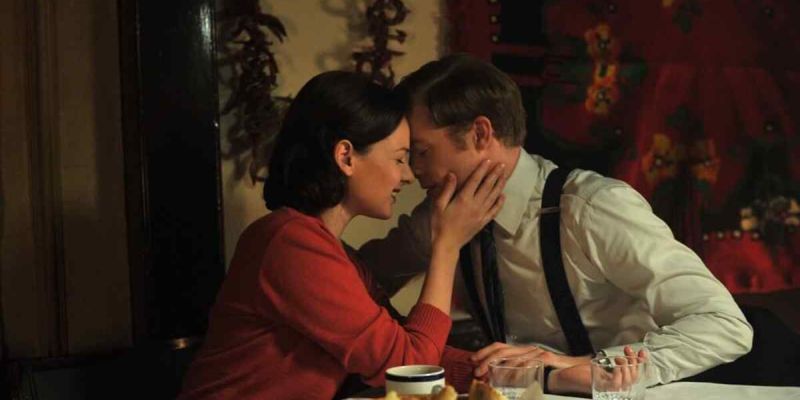2010s
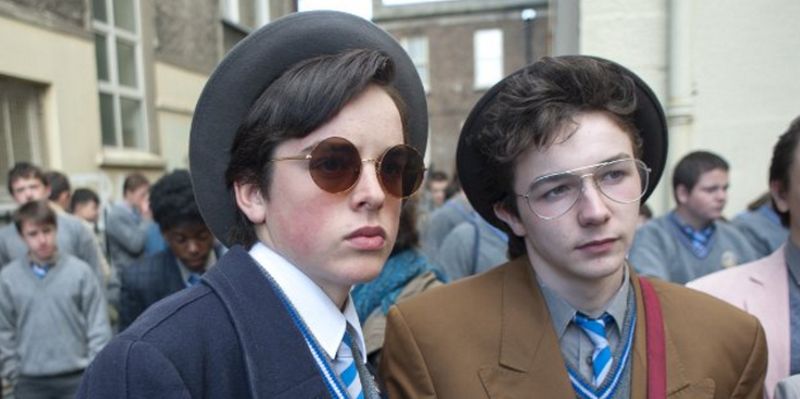
Director John Carney’s most beloved films are all about the idea of “authentic” music, with protagonists who are either singer-songwriters or bands all struggling to make a living when soulless pop is all that is keeping the music industry alive. His previous film Begin Again was about a struggling singer and a washed-up music producer making a concept album that laughed in the face of pop music’s obsession with inauthenticity. The characters were celebrated in the film, despite making an album of beige-sounding Starbucks music that seemed to ignore that rock’n’roll is so exciting because of its lack of authenticity.

3rd Street Blackout is an independent romantic comedy written, directed by and starring Negin Farsad (as Mina) and Jeremy Redleaf (as Rudy). The film explores the trials one tech-savvy couple endures during the midst of a post hurricane blackout in an urban New York City neighborhood. It also features Ed Weeks (as Nathan Blonket) and a brief appearance by Janeane Garofalo (as June Sherman).
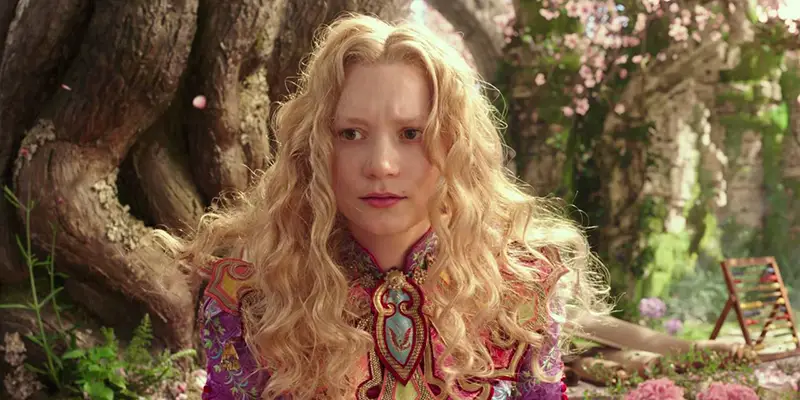
2016 has become the year where audiences are openly questioning the onslaught of mainstream movies coming out, especially when it comes to unnecessary sequels. Some of the films this year that have made us think ‘did this really need a sequel?’ include Now You See Me 2, The Hunstman, My Big Fat Greek Wedding 2, Independence Day 2, Zoolander 2 and even an Ice Age film set in space.
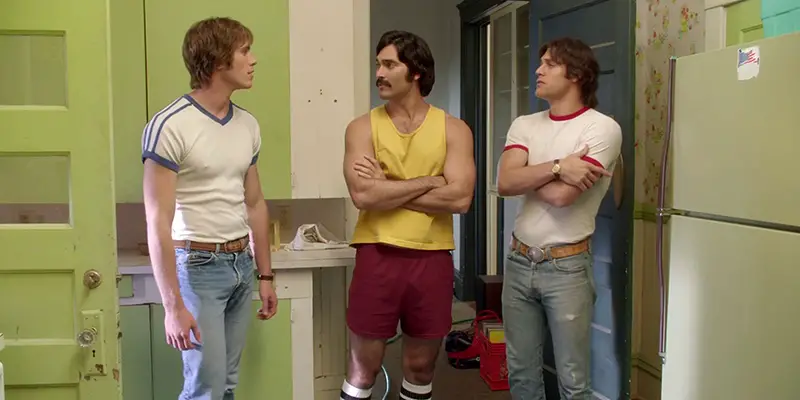
Richard Linklater may be the definitive coming-of-age filmmaker of our time, effortlessly blending John Hughes indebted stories of young people coming to grips with their own identities, with an Altman-esque ear for naturalistic dialogue. His films feel timeless, yet completely of their time – snapshots of a generation that will remain beloved when the next generation of cinephiles lay their eyes on them. A “Spiritual Sequel” His latest film, the punctuation-friendly Everybody Wants Some!!
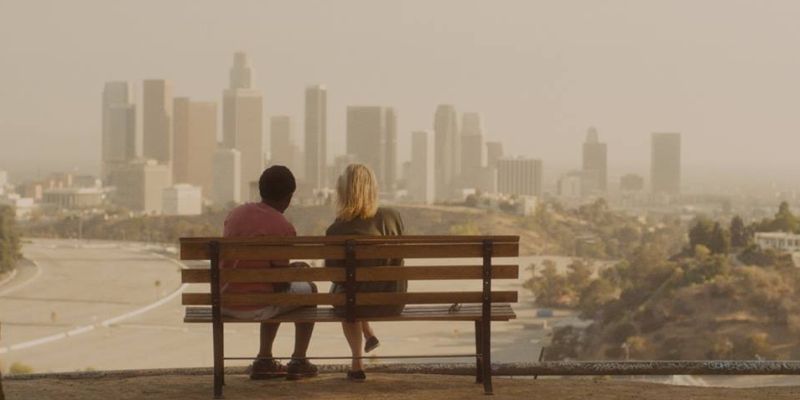
You may be wondering why you are reading a review for a film initially slated for release in 2014, after its première at the Los Angeles film festival, in the here and now of 2016. It tells us a lot about contemporary cinema and the struggle independent films face in finding distribution that this well-made film has waited two years for a wider release when there have been countless lesser films clogging our screens in the intervening time. It has been with the recent support of Ava DuVernay’s company ARRAY that Echo Park has found a cinematic release in LA and New York as well as an international release through Netflix and, if you are looking for something different to the sometimes saccharine cuteness of US indie romances, I would encourage you to seek this film out.

The story of Freckles, written and directed by Denise Papas Meechan, opens with Lizzie introducing herself by voicing her strong hatred she has for the “ugly orange dots” that she refers to as her “star map to loneliness”. This is a story of a woman who has a disturbingly distorted view of herself. Despite her mother telling her that the freckles are “kisses from God”, Lizzie sees them as a curse.
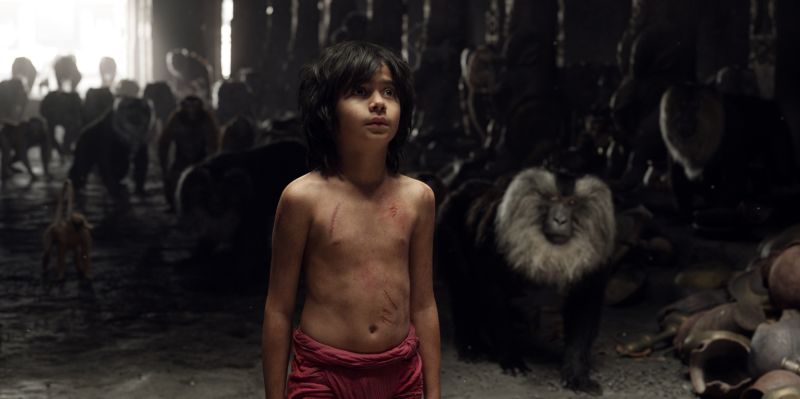
Film is the art of light. Paradoxically, light is that is the ultimate source required for life to exist, and is the greatest substance to cause horrific calamities. Fire was both a blessing and a curse for ancient civilizations to understand and attempt to harness, but it was quite often their undoing.
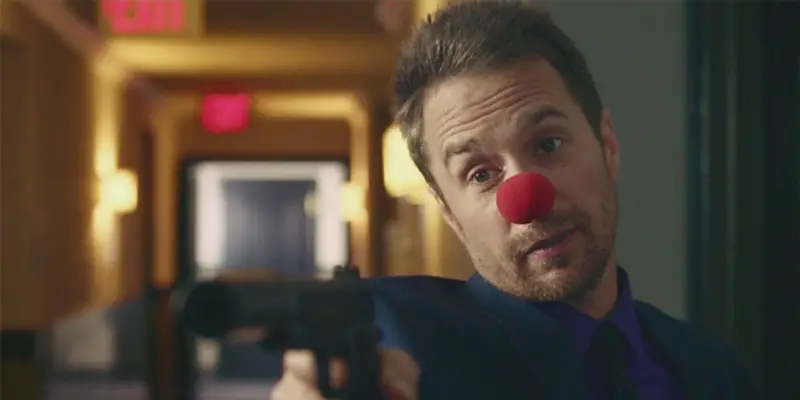
To talk about this film, you must talk about the rise and acceptance of post-modernist cinema with mainstream audiences and how this has changed the way modern genre films are tackled. To break it down, post-modernist cinema essentially is cinema that tackles ‘modern’ or traditional cinema. Post-modern cinema wants to actively point out the different film elements that make traditional cinema work, show them to you and deconstruct these cinematic codes in order to stand apart and comment on its established genre/story-telling methods that its currently indulging in.


